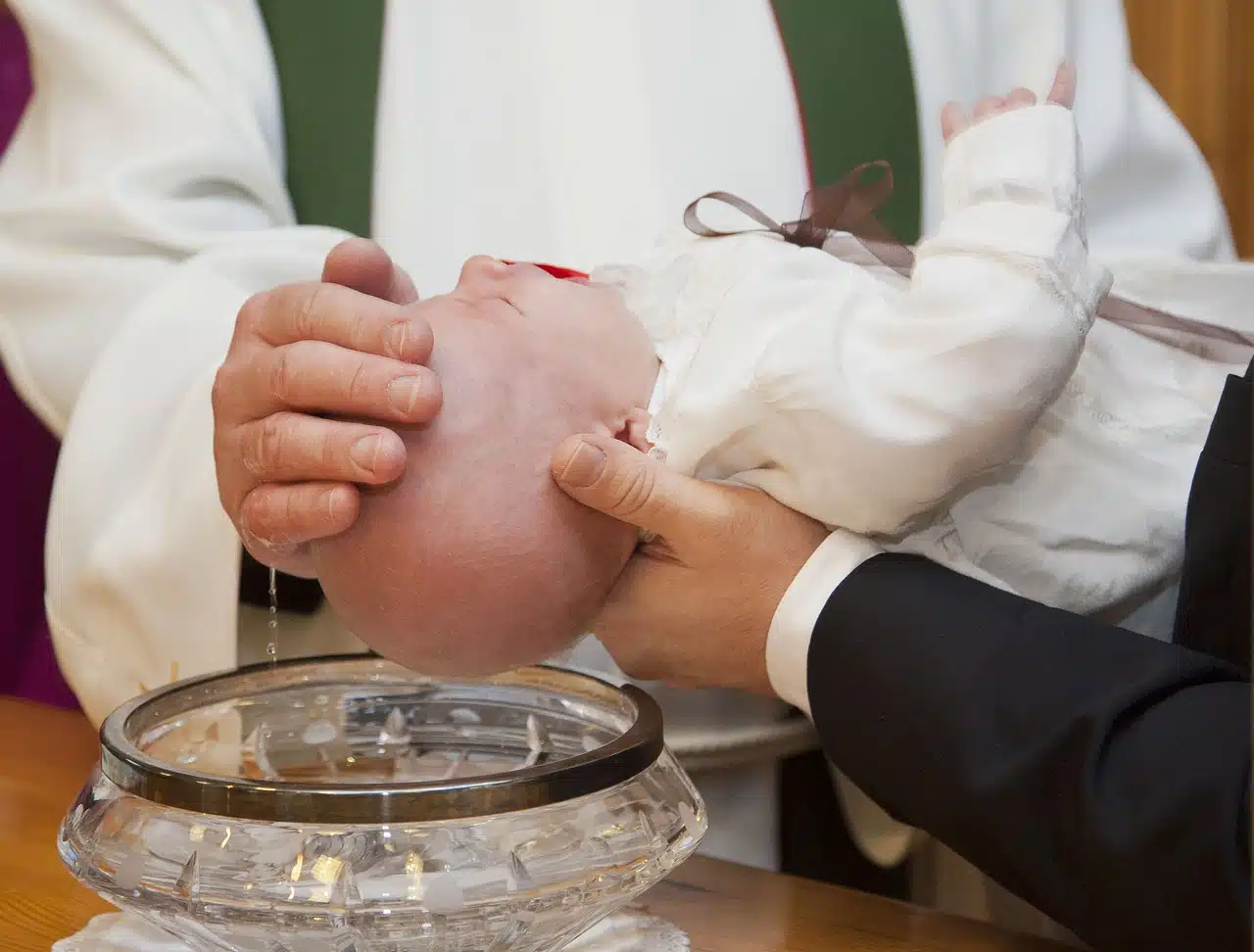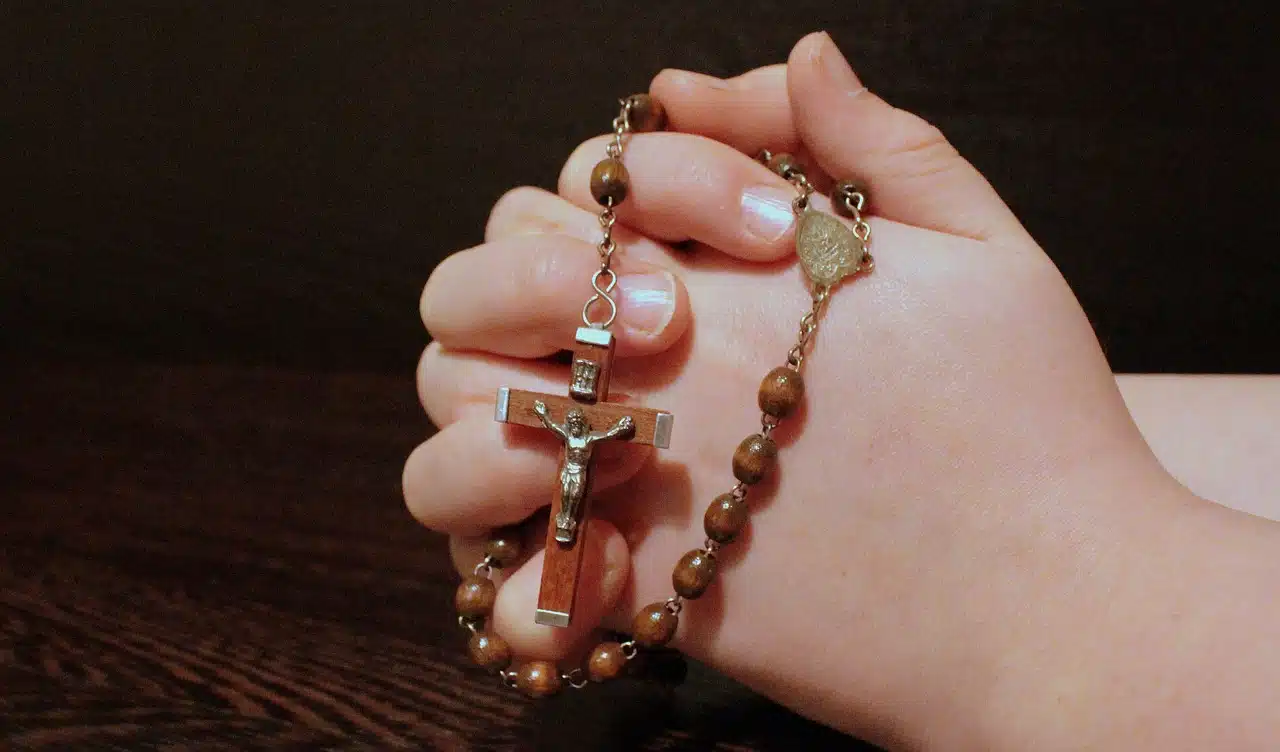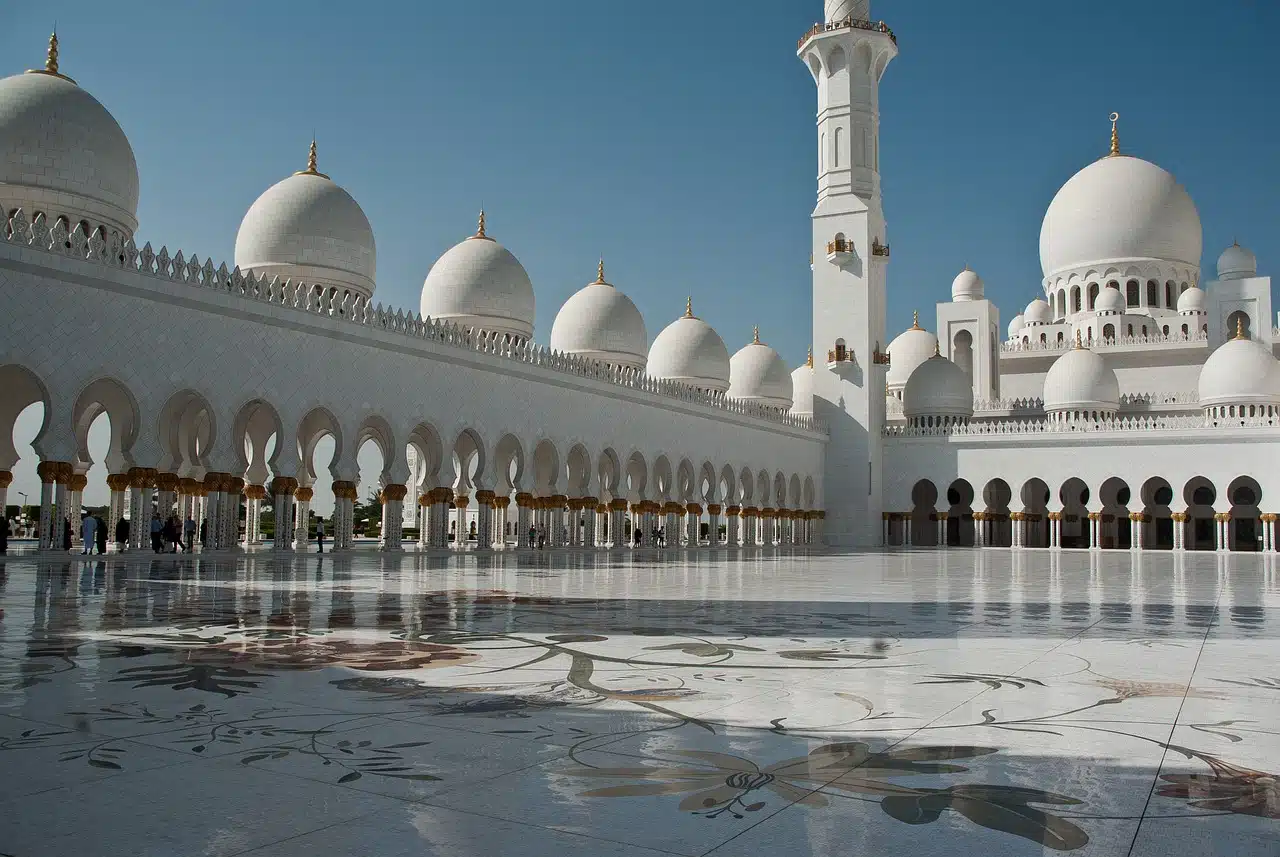
Religious norms aim to establish behaviors, practices and habits that allow the spirituality of each human being to deepen, regardless of the faith they profess.
A religious norm is any rule or provision that establishes how every person of faith should behave, what habits they should adopt and how they should cultivate their beliefs.
Regardless of the religious doctrine and what cult they profess, the faithful comply with the directives and orders of the authority corresponding to their creed . The sacred Scripture of each religion contains norms that must be followed in order not to fall into sin , that is, to not disobey the will of the Creator.
Types of religious norms
There are multiple types of religious norms that are directed towards how to pray, how to bond with others, which divinities to venerate and how to approach each day to live according to what religion dictates.
It is worth keeping in mind that these types of provisions are voluntary compliance and it is each person, within themselves, who knows if they respect them and put them into practice on a daily basis.
Each doctrine has a dogma and a Sacred Teaching . There are also commandments , precepts , divine laws , celebrations , festivities , rituals and customs that vary depending on the belief held.
Catholics , for example, find revelations of God , that is, divine law, in the Bible . And they have the so-called ten commandments as their code of conduct . "You shall not kill," for example, is a commandment present in the list. "Thou shalt not steal" is another.
The prayer of the Lord's Prayer , the recitation of the Holy Rosary , abstinence and fasting during Ash Wednesday and Good Friday , each pilgrimage in honor of the Virgin and frequently attending mass are part of the actions carried out and respected within Catholicism. .

When asking and/or giving thanks from faith, Catholics can pray the Holy Rosary or say a prayer intended for Jesus, God, the Virgin Mary or a saint.
Religious organizations and institutions
There are, worldwide, a lot of religious organizations and institutions.
In each one there is a leader and a hierarchy is respected. Numerous communities and religious orders are also distinguished, just as various places of worship are distributed in all countries (such as a church or a temple for Christians; a synagogue for Jews or a mosque for those who profess religion). Islamic faith ). Religious training and education also presents differences and similarities when comparing one creed with another, since interpretations, transmissions and translations of religious texts do not conform to a single truth.
Throughout history, to provide information that enriches learning about religions, the Catholic Church implemented celibacy and the vow of chastity for men and women aspiring to be ordained as priests and nuns . A bishop, in this framework, is the one who is in charge of providing the sacrament of priestly orders with his hands. Thus, a baptized individual who conforms to religious guidelines can be admitted as a priest , a role from which he or she acquires sufficient power both to grant forgiveness for a sin and to carry out the conversion of bread and wine into body and blood, respectively. , of Jesus Christ .
Regarding the characteristics and application or scope of the religious vote , on the other hand, it is important to note that each religious order conceives it in a particular way. Unlike the laity , members of the clergy make promises or fulfill vows referring to the renunciation of earthly pleasures (committing to chastity , obedience and humility or material poverty ) and prioritize having an austere lifestyle like the one he led. Jesus in order to be able, in this way, to achieve salvation.

Mosques are places of worship for the Muslim community.
Beliefs and theological approaches
It is necessary, interesting and useful to discover the multiplicity of beliefs and theological approaches that coexist on the planet, although unfortunately many times serious conflicts and confrontations arise over religious issues.
There are creeds , such as Islam and Christianity , that fall under monotheism . This current admits or postulates the existence of a single creator or god, to whom almighty traits are attributed, describing him as omniscient, omnipresent and omnipotent. Polytheism is positioned on the opposite side since it recognizes the power of multiple divinities. The Romans and the Mayans, to name two cases, were polytheists. And there is also pantheism , a philosophy that understands divinity as the conjunction of nature and universe.
If we look at theology , such is the name of the discipline that focuses on knowledge linked to God , subcategories open up such as Nordic theology , Celtic theology , Eastern Orthodox theology , etc. Nor can we overlook feminist theology that promotes a non-patriarchal interpretation of religious practices, traditions and texts. Queer theology , for its part, focuses on diversity in matters of sexual orientation and gender to demand that there be no discrimination but rather acceptance, respect and visibility from religion .
In pursuit of harmonious global coexistence and religious tolerance , to highlight another important issue, interreligious dialogue is encouraged from many sectors and, from the movement baptized as ecumenism , Christian unity is encouraged.
